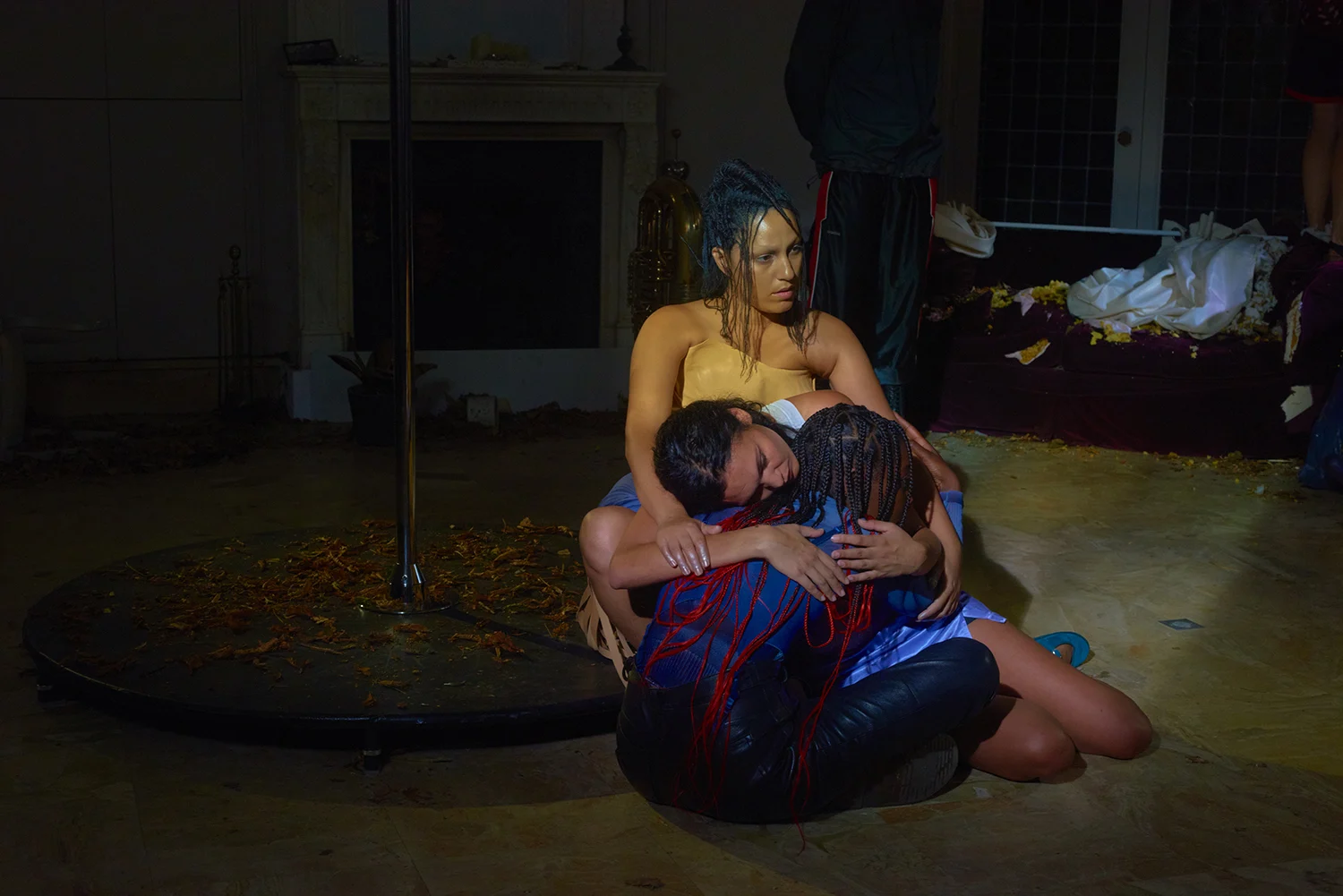
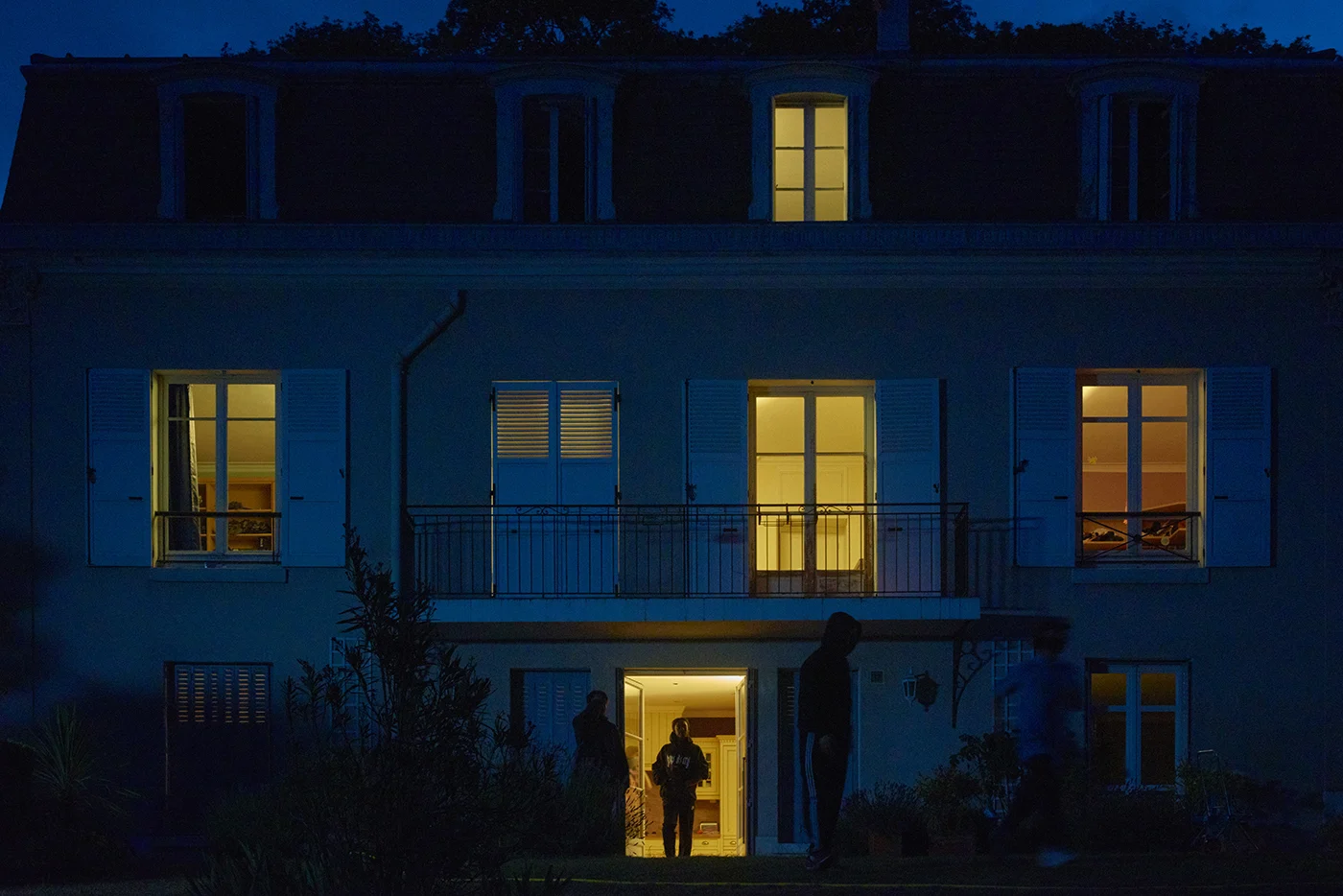
Want to know more about Lafawndah? Don’t bother looking for a quick fix via Wikipedia. She doesn’t have one. This is on purpose: her music is undefinable, and she wants to keep it that way. Writer and editor Seb Emina pulls back the curtain on this refreshingly mysterious artist.
Photography by Boris Camaca.

When I meet with the singer Lafawndah it is at a Paris establishment with the name of Bar du Central, somewhere on the Left Bank near the American University of Paris. From the decor (off-the-shelf ornate) to the staff uniform (monochrome) it’s all as you’d expect given the name. Lafawndah had an appointment nearby, I was asked to pick a place to meet and, despite having never been to Bar du Central, a Streetview walk-by left me safe in the knowledge that it was one of those places that Paris does so well, generic to the point of being almost invisible, even to the person sitting inside it. It’s an example of what I call an “NGE,” or “nearest generic establishment.”
Lafawndah is not a nearest generic establishment. She is not like 50 other artists within a one-mile radius. Her music draws from wildly unpredictable influences – devotional songs, ambient electronica, the British singer Sade, Iranian folk music and the films of Robert Altman have each had their moment – and refracts them through her own experimental pop sensibilities.
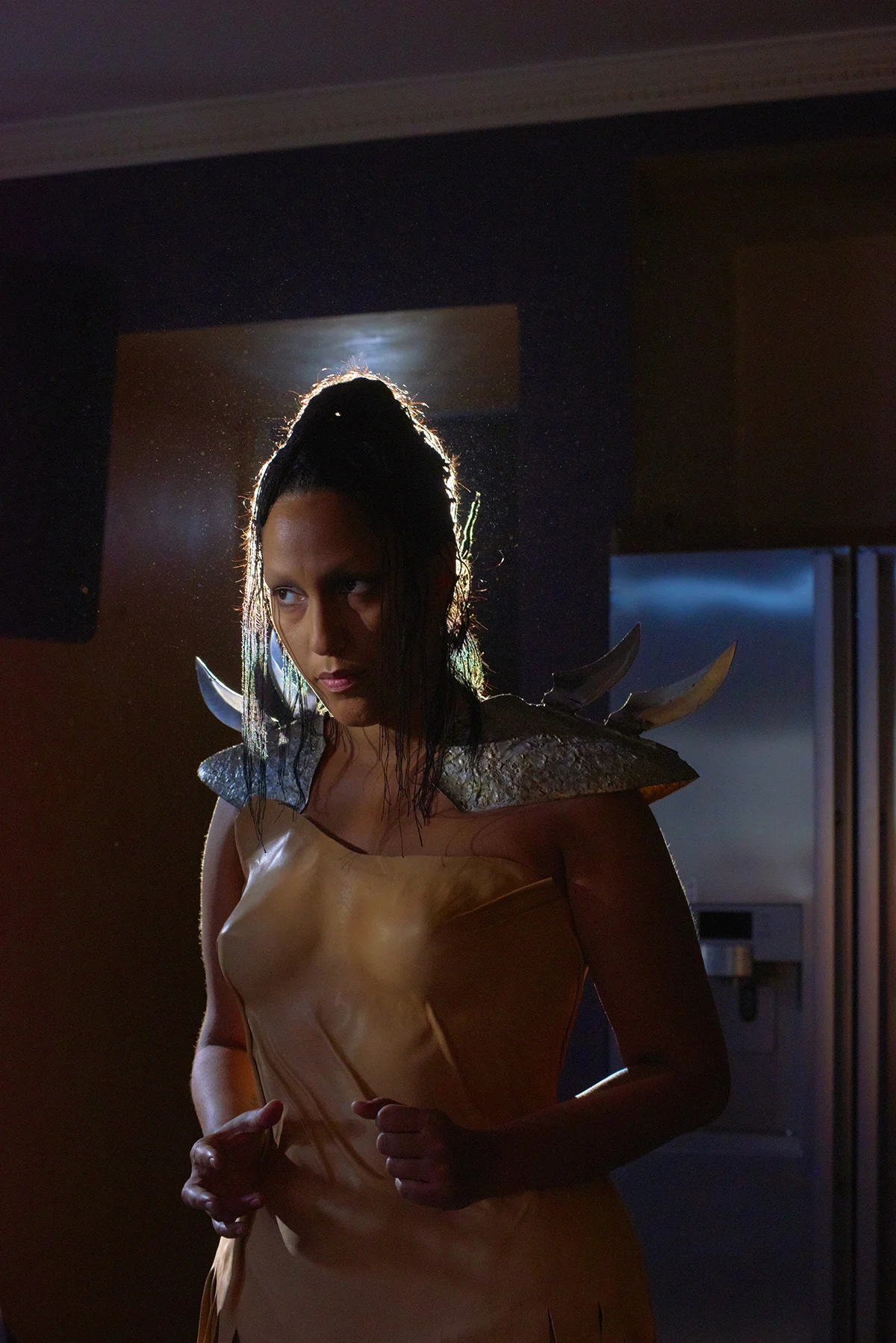
Staying outside the jurisdiction of almost any imaginable filing system is less an aesthetic choice than a fundamental aspect of who she is. “I can’t comfortably sit in a genre,” she says, “because I don’t really belong to anywhere in this web. I didn’t grow up in a scene. I’m not going to make, like, a grime track or a trap track, because it’s not mine.”
It’s a muggy summer’s afternoon during a period in the pandemic when new cases are at a blissful low, which has allowed a fragile veneer of normality to set in. We are sitting in the cafe’s outdoor terrace which, in line with distancing-friendly allowances, has expanded onto the tarmac of the road itself. Lafawndah, whose real name is Yasmine Dubois, was born in Paris to an Iranian mother and an Egyptian father. She grew up here and in Tehran and is now based in London. After studying art history in Paris she’d spent time living in New York and Mexico, and worked in the art world until, having joined a punk band, she realised “that if I didn’t try to make music seriously for a living I would be depressed later and I would be mad at myself.” One of the reasons she is in Paris right now is to shoot the music video for Le Malentendu, a track from her new album The Fifth Season featuring French rapper Lala &ce.


When I listen to Lafawndah’s music, or just read about it, I often feel like I’m being shown the beginnings of an elaborate map to what could potentially be weeks’ or months’ worth of further musical destinations. I don’t mind admitting I wasn’t familiar with the work of the French composer Lili Boulanger, who died in 1918 at the tragic age of 24, an interpretation of whose Old Buddhist Prayer appears The Fifth Season (as well as a version of Don’t Despair by hybrid-folk pioneer Beverly Glenn-Copeland). Lafawndah herself describes this effect as a kind of door. “It’s a door because it sends you to other places and then when you go, when you find out about this other genre of music, or when you’re going to go watch the Lucrecia Martel movie , you’re going to have more tools in your toolbox.”
The effect can often be conjured up merely by scanning a list of her collaborators. For example the lineup on the new album had its beginnings in a session for the always-astonishing BBC Radio 3 show Late Junction and features Theon and Nathaniel Cross, who respectively play tuba and trombone in some of the more stellar contemporary London jazz bands, and percussionist Valentina Magaletti.
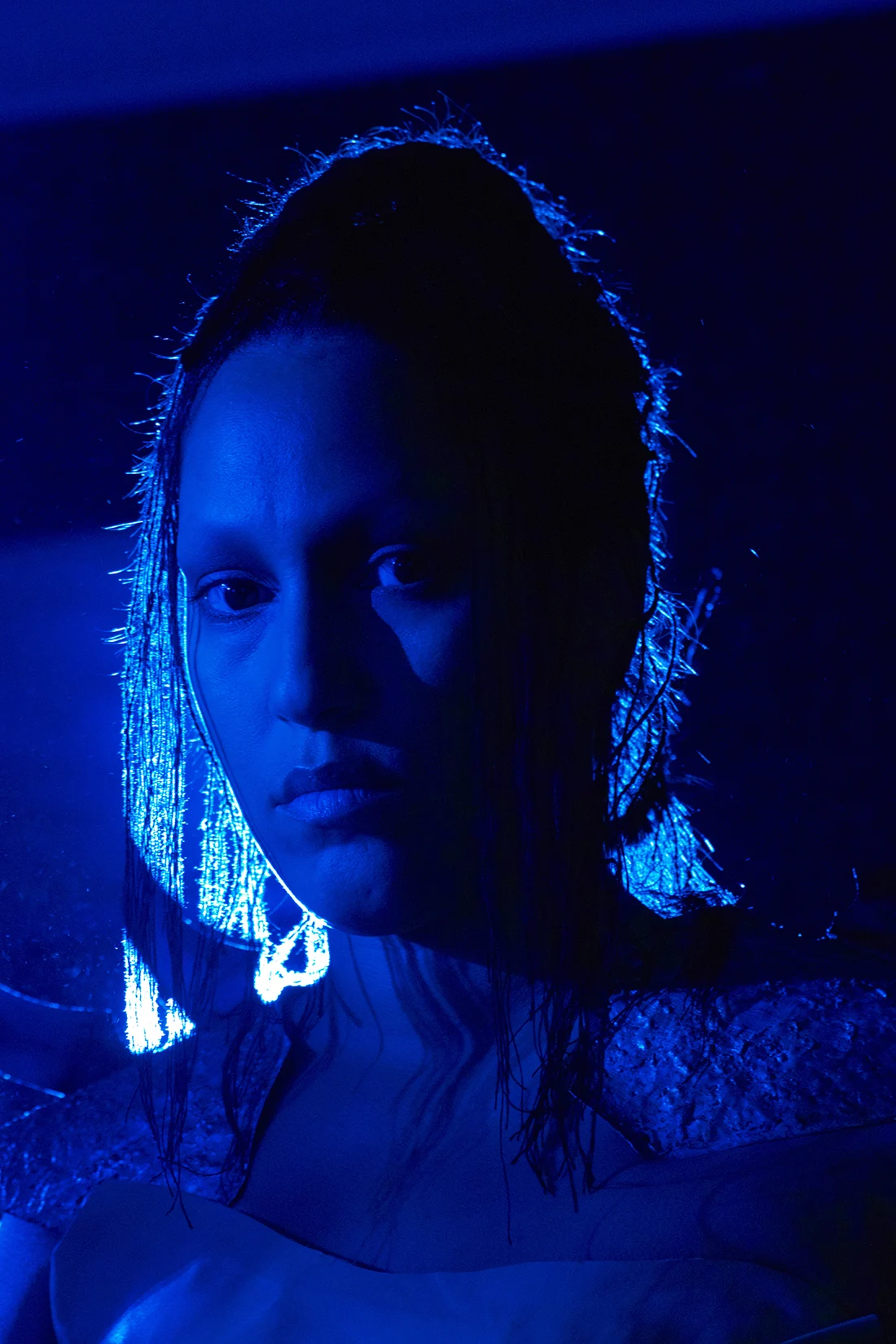
If I have things that I incorporate, I have to make sure that I bend them. It can never be literal.
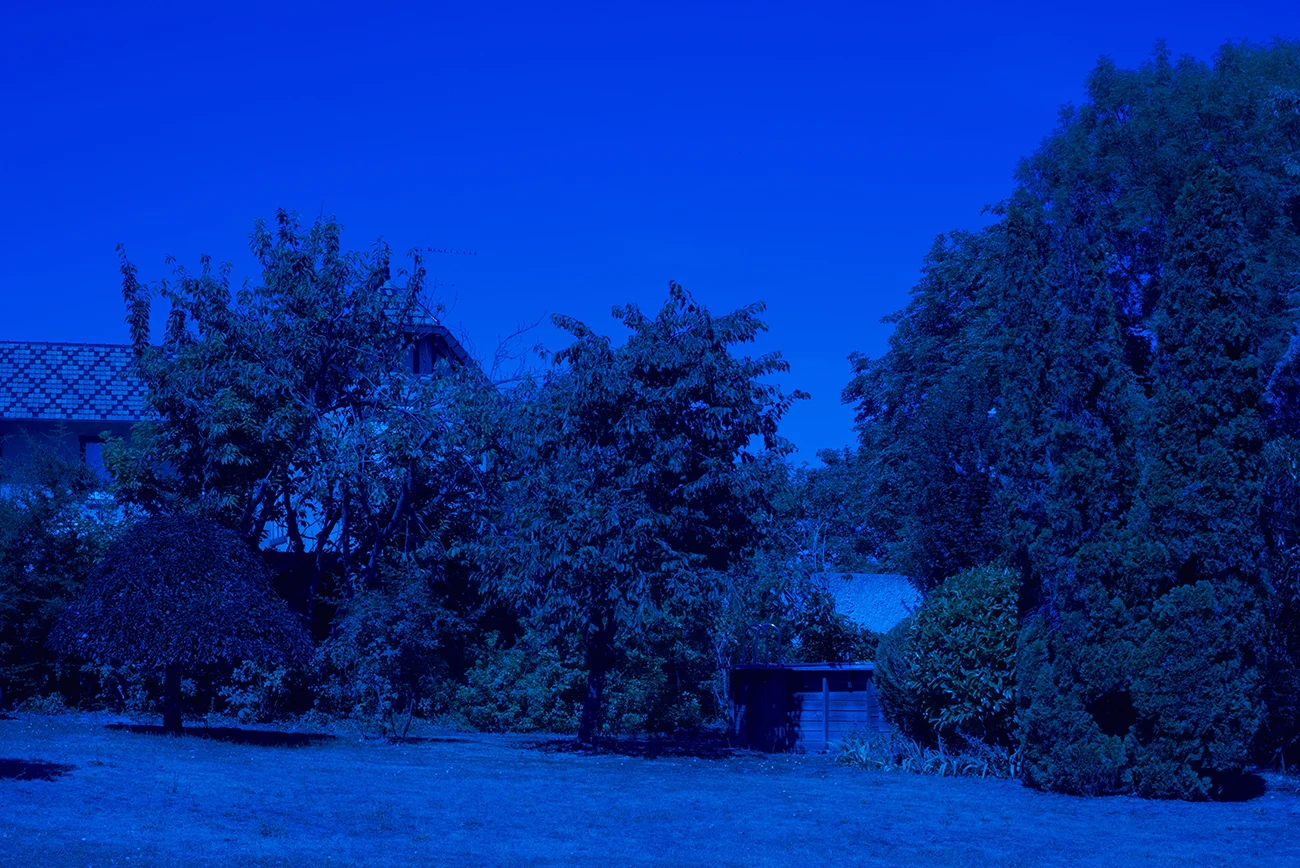

Collaborators on her debut album, 2019’s Ancestor Boy, included such highly investigable names as Emily King, Jamie Woon, Gaika and Kelsey Lu, and then nine months later she released another version entitled Ancestor Boy II, which, featuring reworked versions of seven of its songs by seven further handpicked artists, was even more collaborative still.
It’s also there in her influences. Other touchstones of The Fifth Season include the French avant-garde singer, novelist and playwright Brigitte Fontaine, an entire universe of cultural production in her own right, and British poet and performer Kate Tempest, whose poem The Woman the Boy Became provides the lyrics to the track You, at the End. Another important wellspring – and the source of the album’s title – wasn’t musical but literary. Before recording began, someone had recommended Lafawndah read the Broken Earth trilogy by American sci-fi author N.K. Jemisin, in which “the fifth season” (also the title of the first novel in the series) is a manifestation of catastrophic climate change. Lafawndah duly became glued to the books during recording. Some sort of cross-pollination occurred. “It was after I read it and after I finished the record that I saw that these two things were happening at the same time and they informed each other,” she says.
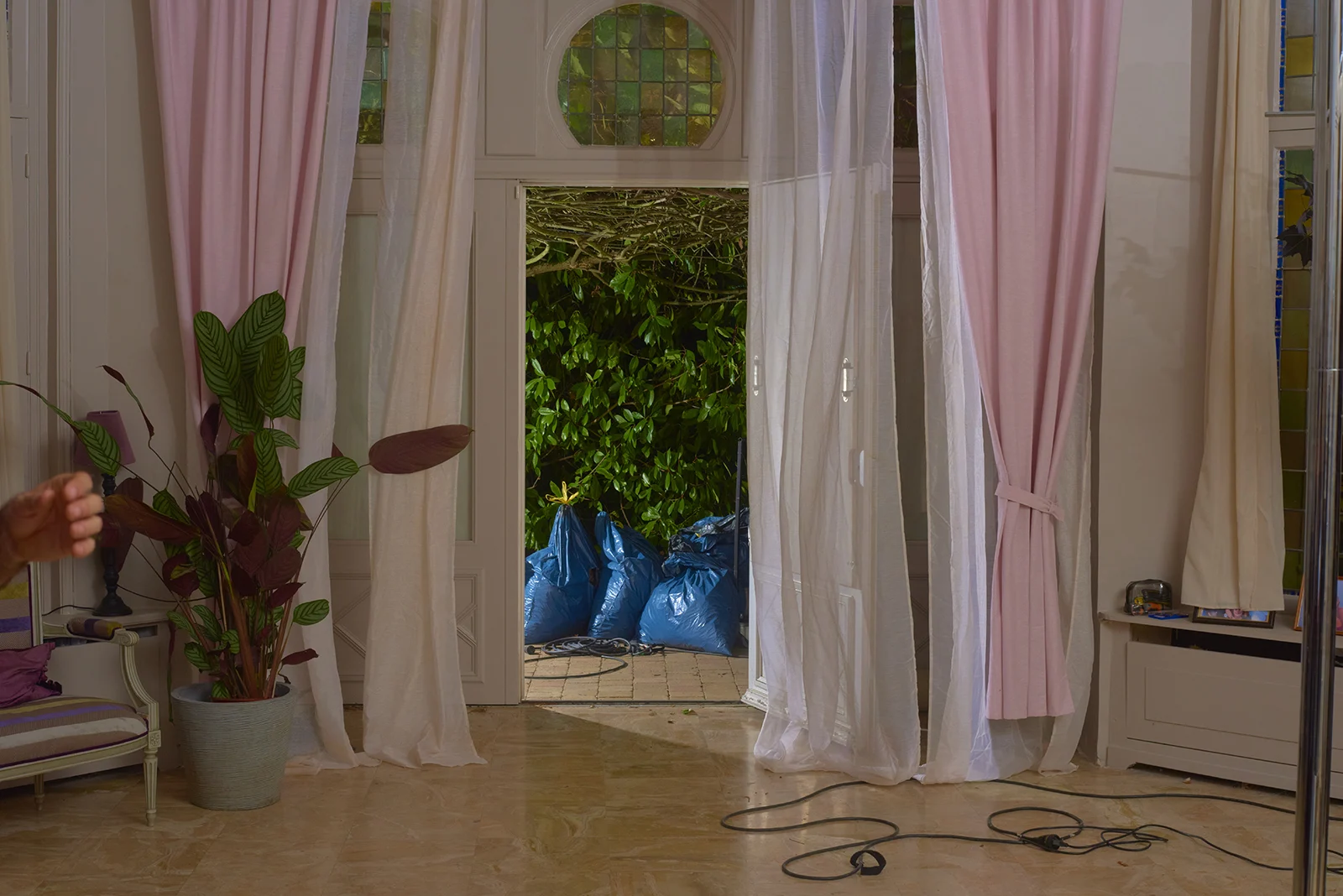

Researching this interview, I was curious to see there exists no Lafawndah article on Wikipedia. In fact the lack of an article made me think about quite how powerful its way of structuring information can be, how it’s almost always the first search result, how I always click it, how I then can’t unread it once it’s read. It’s deeply strange that there shouldn’t be one. I can’t think of an artist with even half Lafawndah’s profile who is Wikipedia-invisible in this way. Is it...deliberate? She nods. “I don’t want to have one,” she says. “Because then it just sits there. Not having it forces you to go read and to go listen.” But surely there must be people trying to put one up. So someone would have to go and delete it? Another nod. “Exactly.”
This refusal to be flattened into digestible data speaks to a wider aversion to what Lafawndah has called “disembodied experience.” “You are sitting here and you live in Paris and you’re British,” she explains. “You’ve never been to Mexico. But you have access to a sample pack that says ‘traditional Mexican music.’ And you think they sound cool, have cool sounds. And you decide to incorporate them in your composition. That’s having access to the internet in a disembodied way, which means that you have no connection. You have no connection in the real world but you have access to the same tools, and so what that does is that it also is killing local subtleties and differences because everyone has access to everything. And it also doesn’t mean anything anymore to have access.”


What comes to mind is how, in order to produce 2016’s zouk-influenced EP Tan, she travelled to Guadeloupe, where zouk music is from, and recorded it in the studio of a zouk pioneer named Jean-Claude Bichara. So she feels like the material she draws on, the influences she takes, have to be earned somehow? By an embodied experience?
“Yeah, I do. I do. I’m not being moralistic, but that’s definitely how I think about my music. And if at some point I have things that I incorporate, I have to make sure that I bend them. It can never be literal. There needs to be some personal digestion. But I want you to feel that I’ve passed through that as well. It’s not just like I take it because I can and it’s mine. It is also linked to how I could never make music that just comfortably sits everywhere, because that’s not my experience in the world. It wouldn’t make sense. I’ve never lived in a world that I could relate to all the way, you know?"
I could never make music that just comfortably sits everywhere, because that’s not my experience in the world.
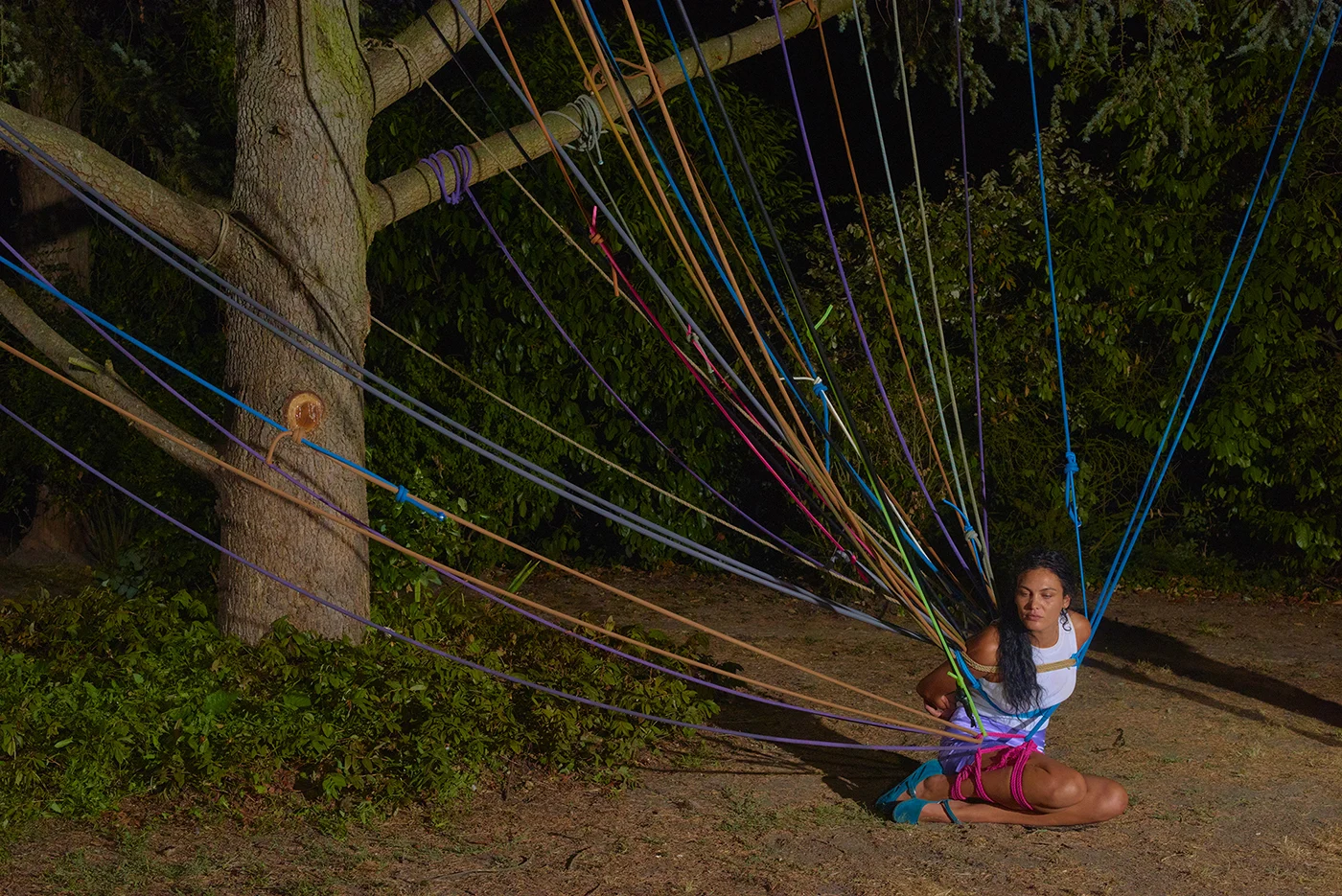
So many artists dislike being defined, labelled, classified. Which may be fair – nobody likes being lumped in with others! – but that doesn’t stop resisting categorisation from feeling like a tired cliché most of the time. That it feels exciting and new when Lafawndah talks about it is a lot to do with how not fitting into all the standard taxonomies is constantly revealed to be more than something that just happens to be the case. In fact, it’s the entire point of the project. She dislikes the label “musician,” even.
Why? “Because it’s just a tool,” she says. “A tool to find the others.” The others? “Mmm-hmm. It’s a means to find the others. Whoever they are, they’ll recognize themselves.” The others are your audience? “Yes, I usually define them by ‘orphans.’ The orphans of the world, the people who’ve never quite settled in whatever situation they came into. Anyone who doesn’t feel at ease, who’s not comfortably sitting in the identity that’s either reflected on them or been given to them.” For a moment I wonder if there’s anyone left in this world who does feel they completely belong. Aren’t we all Lafawndah’s orphans? I look around at the other patrons in the Bar du Central. It’s impossible to tell.
